Grade 4
In fourth grade, grammar studies focus on tenses, syntax, and comparative adjectives. Accurate spelling is emphasized in writing assignments, and weekly spelling quizzes are given. The students also work in varied compositional styles, including journal entries, letters, and book reports. Main lesson books are created from stories that the class composes together and from independent writing, often based on the Norse myths that are the literature of the fourth-grade year. Handwriting, punctuation, and paragraphing are stressed, and the children learn to revise and edit their work. They also write their first research report, on an animal chosen during the main lesson block in zoology.
Grade 5
Fifth grade grammar studies become more analytical, as students begin to diagram sentences and to study the active and passive voices. Composition skills and working from outlines are practiced, as is the appropriate use of direct and indirect quotations. Emphasis is placed upon the complete process of writing, editing, and rewriting, and students write expository essays as well as narratives and book reports. There are regular spelling and vocabulary quizzes. Greek myths form the bulk of fifth-grade literature; in addition, the class teacher chooses several books as supplemental reading, and daily independent reading assignments are tracked by the teacher.
Grade 6
Sixth graders study Roman and medieval history, and the literary focus for the class includes books that deal with Roman history as well as chivalric tales and medieval ballads. Students are required to complete at least three book reports and should be able to discuss character, plot, and themes, while developing summarizing skills. Grammar includes the study of compound and complex sentences, as well as independent and subordinate clauses. A grammar workbook is introduced this year. This allows the children to complete exercises on parts of speech, parts of the sentence, prepositional phrases, direct and indirect objects, and punctuation. Vocabulary study and spelling practice focus on prefixes, suffixes, and word roots. In addition, students strengthen their expository writing skills through the preparation of precise, sequenced reports based on observations of the physics experiments done in science class.



